Introduction
Fall is a crucial time for landscaping, and juniper is an ideal plant choice due to its versatility and year-round appeal. This post will explore how to effectively incorporate juniper into your fall landscaping designs.

Section 1: Understanding Juniper
What is Juniper?
Juniper is a hardy, evergreen plant known for its needle-like foliage and distinctive berries. With many species and cultivars to choose from, it is suitable for a wide range of landscaping applications.
Benefits of Using Juniper in Landscaping
- Drought resistance: Juniper requires little water once established, making it a low-maintenance plant.
- Year-round aesthetic appeal: Juniper retains its color throughout the year, providing beauty in every season.
- Versatility: It works well in various landscape designs, from borders to ground cover.
Section 2: The Aesthetic Appeal of Juniper in Fall
Fall Color Changes
While many juniper species remain green throughout the year, some varieties develop subtle color changes in fall, including blue, silver, or bronze tones. These hues provide a striking contrast to traditional fall colors.
Texture and Form
Juniper's texture, ranging from fine needles to dense branching, adds depth to your landscape. Its architectural form, whether upright or creeping, can complement other fall plants and features.

Section 3: Planting Juniper in Fall
Best Practices for Planting
Fall is an excellent time to plant juniper, as the cooler temperatures allow roots to establish before winter. Choose a sunny, well-drained location for best results. Preparing the soil with organic matter can further support healthy growth.
Companion Planting
Juniper pairs well with other hardy perennials and ornamental grasses. Consider combining it with asters, sedum, or goldenrod to create a cohesive and vibrant fall landscape.
Section 4: Design Ideas for Using Juniper in Fall Landscaping
Borders and Edges
Juniper works well as a border plant for flower beds, pathways, or driveways. Its dense foliage and low growth habit make it perfect for defining areas in the garden.
Ground Cover and Coverage
Creeping juniper varieties, such as Juniperus horizontalis, are excellent for ground cover, helping to prevent soil erosion and adding texture to large open spaces.

Focal Points and Accents
Taller varieties of juniper can serve as focal points in your garden, especially when planted alongside rocks, sculptures, or other hardscape features. Their unique shapes draw attention and provide year-round structure.
Section 5: Maintenance Tips for Fall
Watering and Fertilization
During the fall, juniper requires less water, but it's essential to maintain moist soil as the plants establish. Fertilization can be done in early fall using a balanced, slow-release fertilizer.
Pruning and Care
Fall is a good time to prune juniper, particularly to remove any dead or damaged branches. This helps the plant maintain its shape and encourages healthy growth.
Pest and Disease Management
Common pests like spider mites can affect juniper, especially in dry conditions. Use horticultural oils to manage infestations, and ensure proper air circulation to avoid fungal diseases.

Section 6: Conclusion
Incorporating juniper into your fall landscaping is a great way to add color, texture, and low-maintenance appeal. By experimenting with different varieties and creative designs, you can create a stunning autumn garden. We invite you to share your experiences and photos of juniper in your fall landscapes!



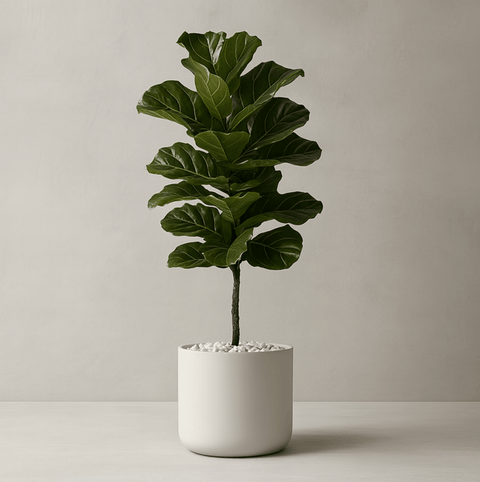
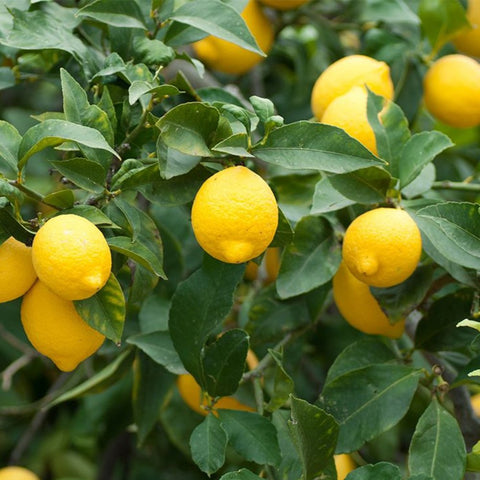
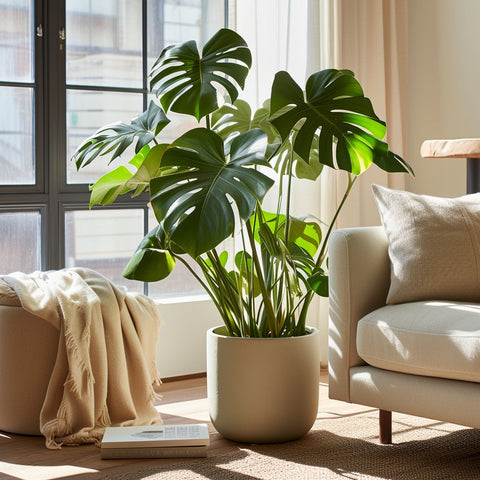
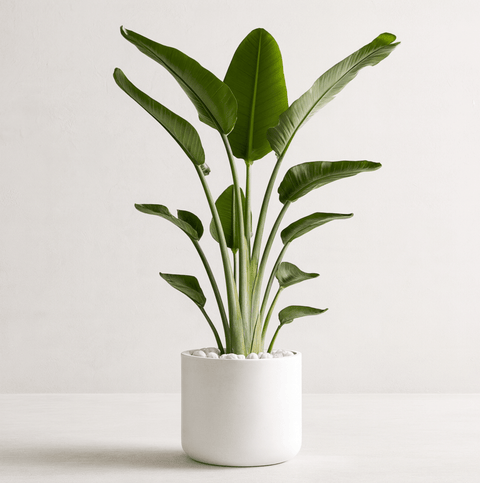

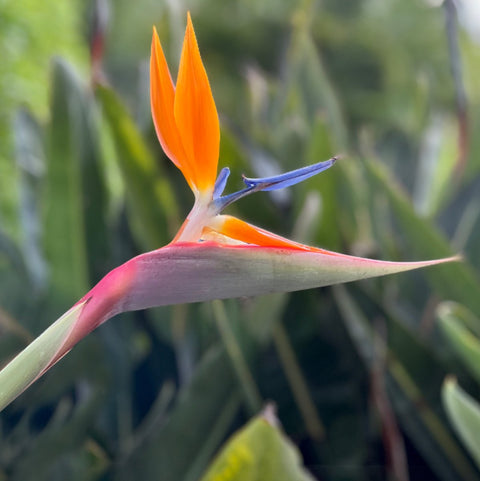
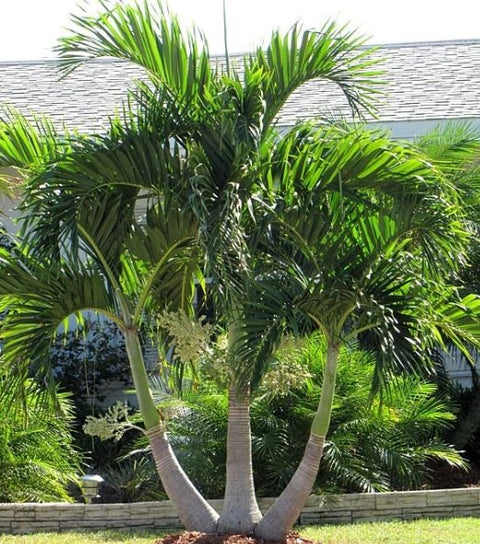
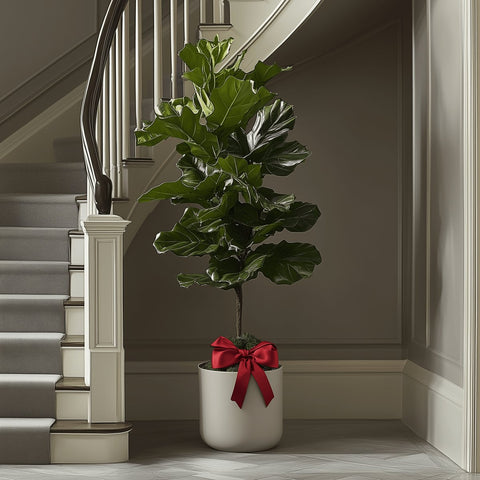
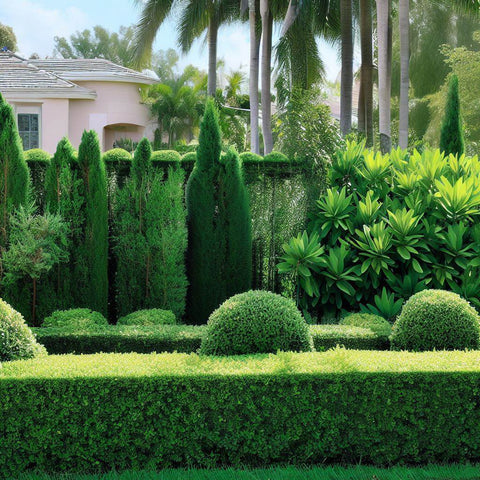

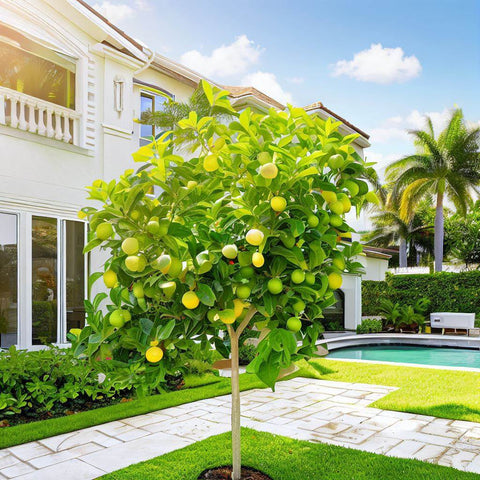
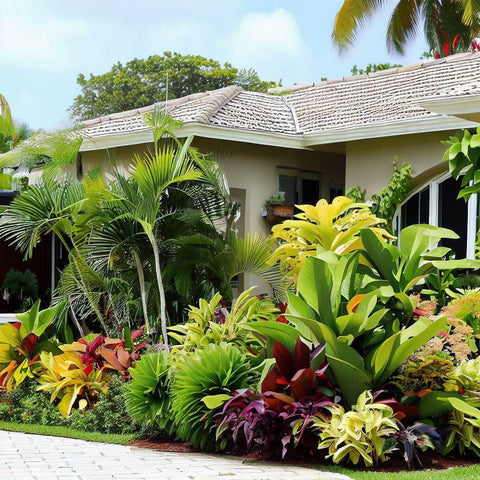

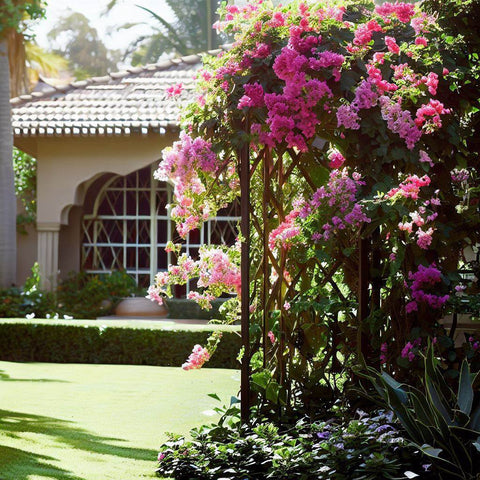
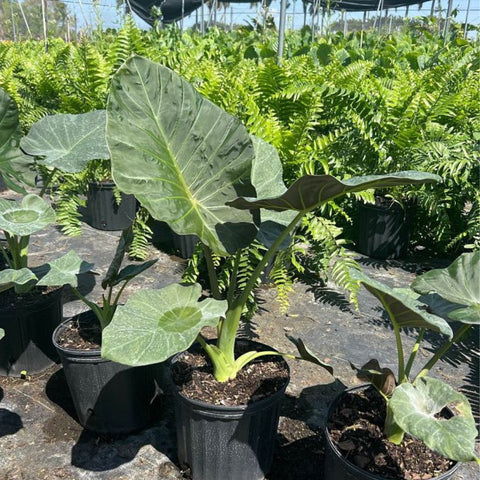
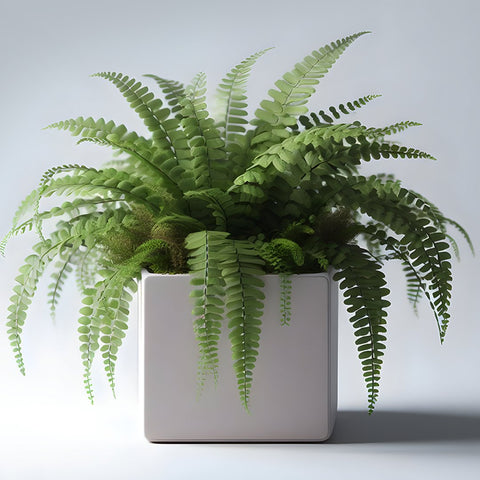



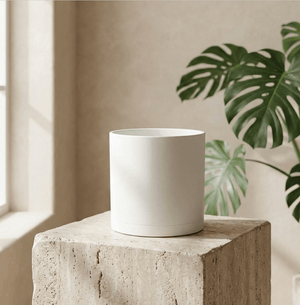
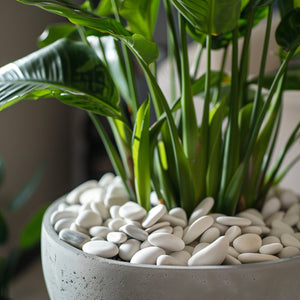

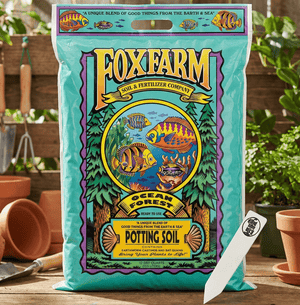
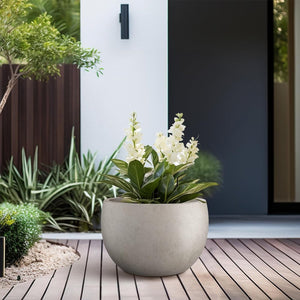

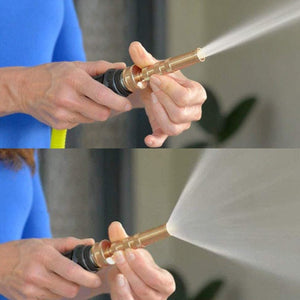

Comments (0)
There are no comments for this article. Be the first one to leave a message!